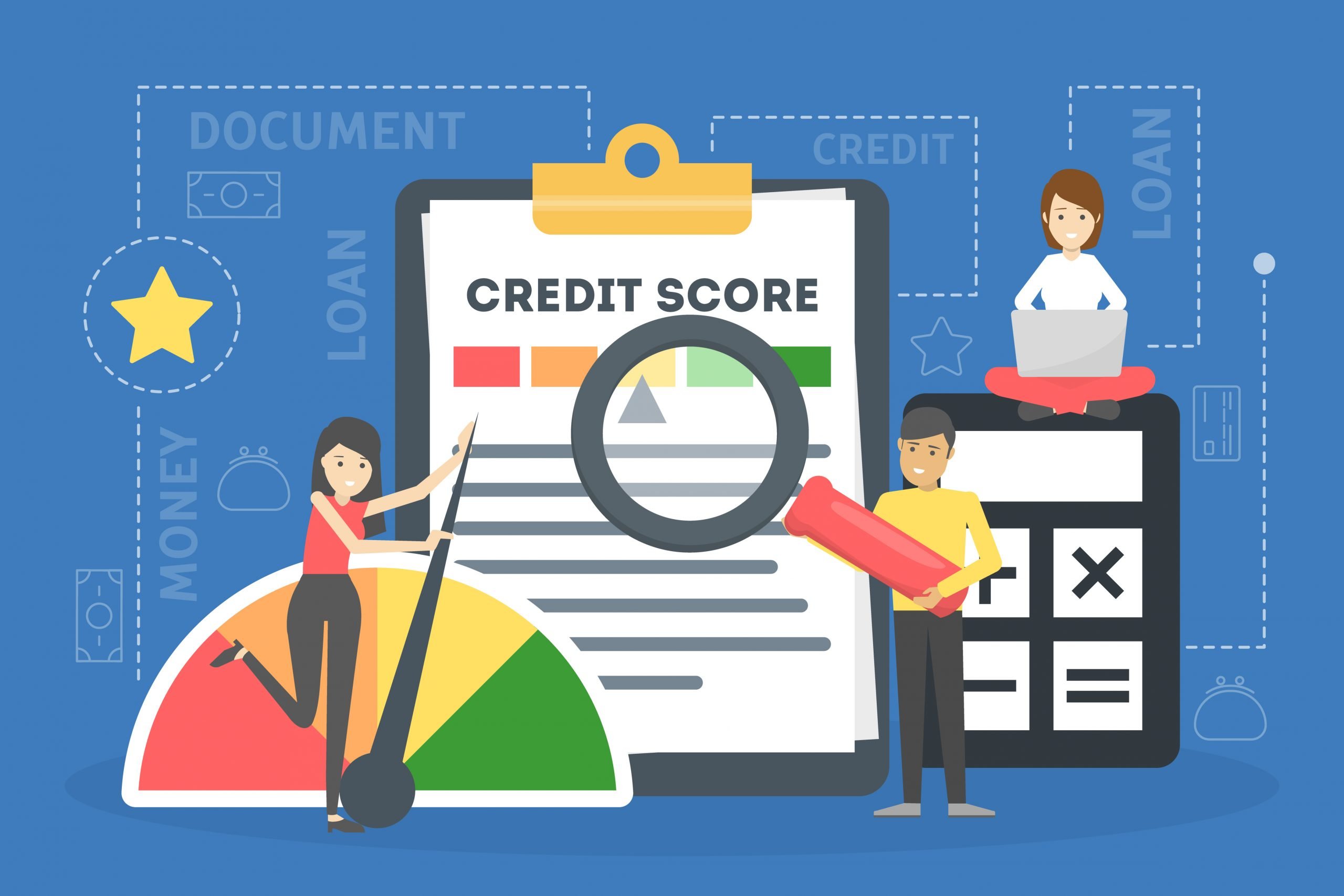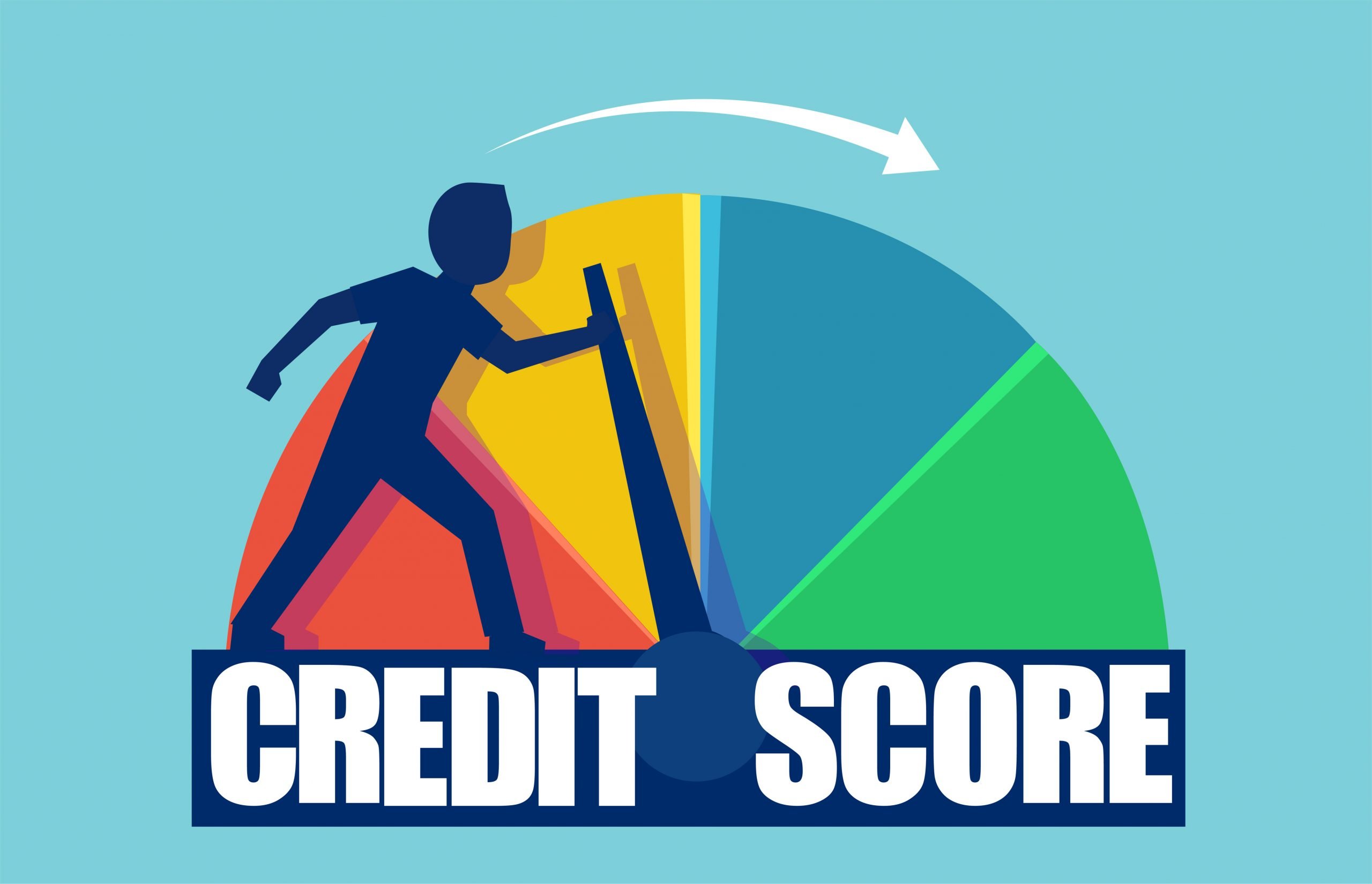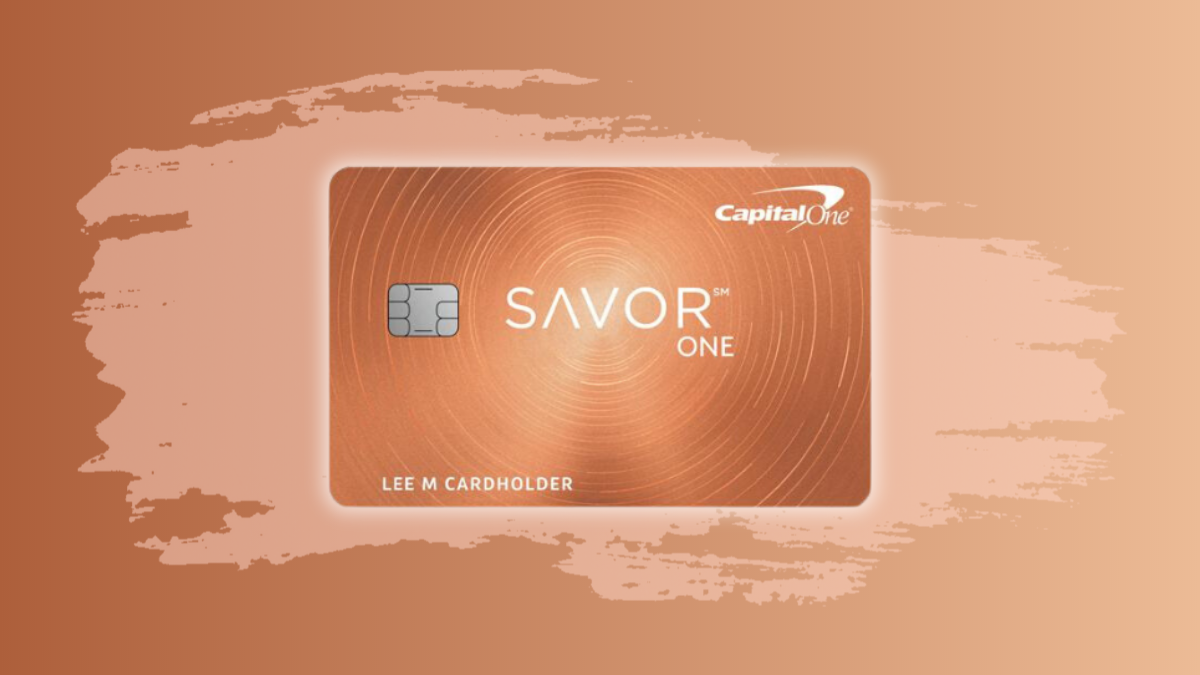Financial Education
The impact of your credit score on your mortgage rate
Your credit score has a great impact on the mortgage rates you pay. Understand how this number may affect your chances of getting a loan and how to improve it. Read on!
Advertisement
Find out if you are getting the best rates

Do you know the relationship between your credit score and mortgage rate? Believe it or not, they affect each other, and it’s important to understand why.

The most common myths about your credit score
Do you know what affects your credit score? Here are the most common credit score myths debunked to help you understand it and deal better with it. Keep reading!
This blog post will explain everything you need to know about your credit score and how it impacts your mortgage. Stay tuned to find out more!
You will be redirected to another website
You’ll receive messages for less than 1 week, with a maximum of 1 message per day. You can unsubscribe anytime by replying STOP. By submitting this form, I confirm that I am 18+ years old and agree to the Privacy Policy and Terms and Conditions. I also provide my signature, giving express consent to receive informational messages via automated emails, SMS, MMS text messages, and other forms of communication. Message frequency may vary as part of our good-faith effort to respond to your inquiry. Message and data rates may apply. Text STOP to cancel. I understand that my consent to receive communications is not a condition of purchase and that I may revoke my consent at any time.
Advertisement
How does your credit score affect your mortgage rate?

Your credit score is one of the most important factors that lenders will consider when you’re applying for a mortgage or any other kind of loan.
A higher credit score indicates to lenders that you’re a low-risk borrower, which could lead to a lower interest rate on your mortgage.
That’s because the better your score, the more creditworthy you seem to lenders.
Since mortgages are high-risk loans that involve tons of money, it’s more guaranteed that a customer with a better score will be more likely to repay.
Conversely, a lower credit score could lead to a higher interest rate and less favorable terms.
That’s why it’s important to understand your credit score and take steps to improve it before applying for a mortgage.
You can get a free credit report from each of the major credit bureaus once per year, and many credit monitoring services can give you regular updates.
By understanding your credit score and taking steps to improve it, you can put yourself in a better position to get a great rate on your mortgage.

A guide on how to manage your mortgage
Learning how to manage a mortgage is great for your future. You'll feel proud of yourself when you achieve your own house. If you want to make it right, read on!
Is it possible to get a mortgage with a low credit score?
Your credit score is one important factor that lenders will look at when considering your mortgage application.
A low credit score could lead to a higher mortgage rate, and you may even be denied a loan altogether.
However, getting a mortgage with a low credit score is still possible, although you may have to make a larger down payment or find a cosigner.
Some lenders specialize in mortgages for lower credit scores, but you’ll have to pay higher rates.
There are also programs available for first-time homebuyers to help them get a loan with a low credit score.
Advertisement
What is a good credit score to buy a house?
A good credit score to buy a house can be high. Before we jump to that, understand how this number ranges:
- 300-549: Very bad;
- 550-649: Fair;
- 670-789: Good;
- 740-799: Very good;
- 800-850: Excellent.
A credit score is a number that reflects the creditworthiness of an individual. Lenders use it to determine the risk of lending money to an individual.
The higher the credit score, the lower the risk and the lower the interest rate the borrower will be charged.
A credit score of 740 or higher is considered excellent and will result in the lowest mortgage rates.
A credit score of 620 or below is considered poor and will result in the highest mortgage rates.
A credit score of 680 or above will result in a good mortgage rate for most people.
What is the minimum credit score for different types of mortgages?
Different types of mortgages are available, and each has a different minimum credit score requirement.
For example, an FHA loan requires a minimum credit score of 580, while a conventional loan requires a minimum credit score of 620.
A VA loan typically has no minimum credit score requirement, but lenders usually require 580 to 620.
A jumbo loan typically requires a minimum credit score of 700. Plus, for a USDA, it’s recommended to have at least 640.
Advertisement
How to improve your credit score before applying for a mortgage: Six tips

If you’re planning on applying for a mortgage, one important thing you can do to increase your chances of being approved for a loan is to improve your credit score.
Your credit score is a measure of your creditworthiness, and it’s one of the key factors lenders consider when determining whether or not to give you a loan.
The higher your score, the lower your mortgage rates will be. Here are six ways to improve your credit score before applying for a mortgage:
1. Check your credit report for errors
First, you can obtain a free copy of your credit report from each of the three major credit reporting agencies once per year. Review your report carefully and dispute any errors you find.
2. Pay down your debts
Lenders want to see that you’re able to manage debt responsibly. By paying down your outstanding debts, you’ll be showing lenders that you’re financially responsible.
3. Make all of your payments on time
Payment history is one of the biggest factors in determining your credit score, so it’s important to make all of your payments on time, every time.
Set up automatic payments if necessary to ensure you never miss a payment date.
4. Keep balances low on revolving accounts
Credit card companies typically report your balance as a percentage of your credit limit (known as your “credit utilization ratio”).
The lower this ratio is, the better it is for your score. Try to keep balances below 30% of your credit limit on all revolving accounts.
5. Don’t close unused credit cards
Many think closing unused credit cards will help their score by reducing their overall available credit.
However, closing an account can negatively impact your score by reducing the average length of your credit history.
So if you have unused cards with no annual fee, keeping them open and active is generally best.
6. Apply for new credit sparingly
Whenever you apply for new credit, whether it’s a credit card or a loan, the lender will pull a “hard” inquiry on your account. It can temporarily ding your score by a few points.
So if you’re planning on applying for a mortgage, try to avoid opening any new lines of credit in the months leading up to applying for a loan.
And to get the best rates for your mortgage, you can learn how to increase your score. So, if you want to learn how to calculate your credit score, check out our post below!

Credit score: top 10 questions answered
Do you ever wonder what your credit score is? Or how can you make it better? You're not alone! Keep reading to learn more!
Trending Topics

Personal loan interest rate: what is it?
Wondering what is a personal loan interest rate? Get all the information you need here, including average rates and how to get the best deal.
Keep Reading
How to build credit to buy a house: 10 best tips
Here are the best tips on how to build credit to buy a house and get approved for that mortgage loan. Read on!
Keep Reading
How to request Capital One SavorOne Cash Rewards Credit Card
Learn how to apply for the Capital One SavorOne Cash Rewards Credit Card today and enjoy unlimited cash back with no annual fee!
Keep ReadingYou may also like

How to build credit with a secured credit card
Are you starting your credit history from scratch? Discover how to use secured credit cards to build credit. Stay tuned!
Keep Reading
A Guide to Mortgage Forbearance: what it is and how it can help
Unsure what mortgage forbearance is? Here's a guide explaining everything, including when to use it and how it works. Read on!
Keep Reading
Choose the best mortgage for your finances
Need help determining which mortgage is best for you? Check out our guide to help you choose your mortgage. Keep reading!
Keep Reading